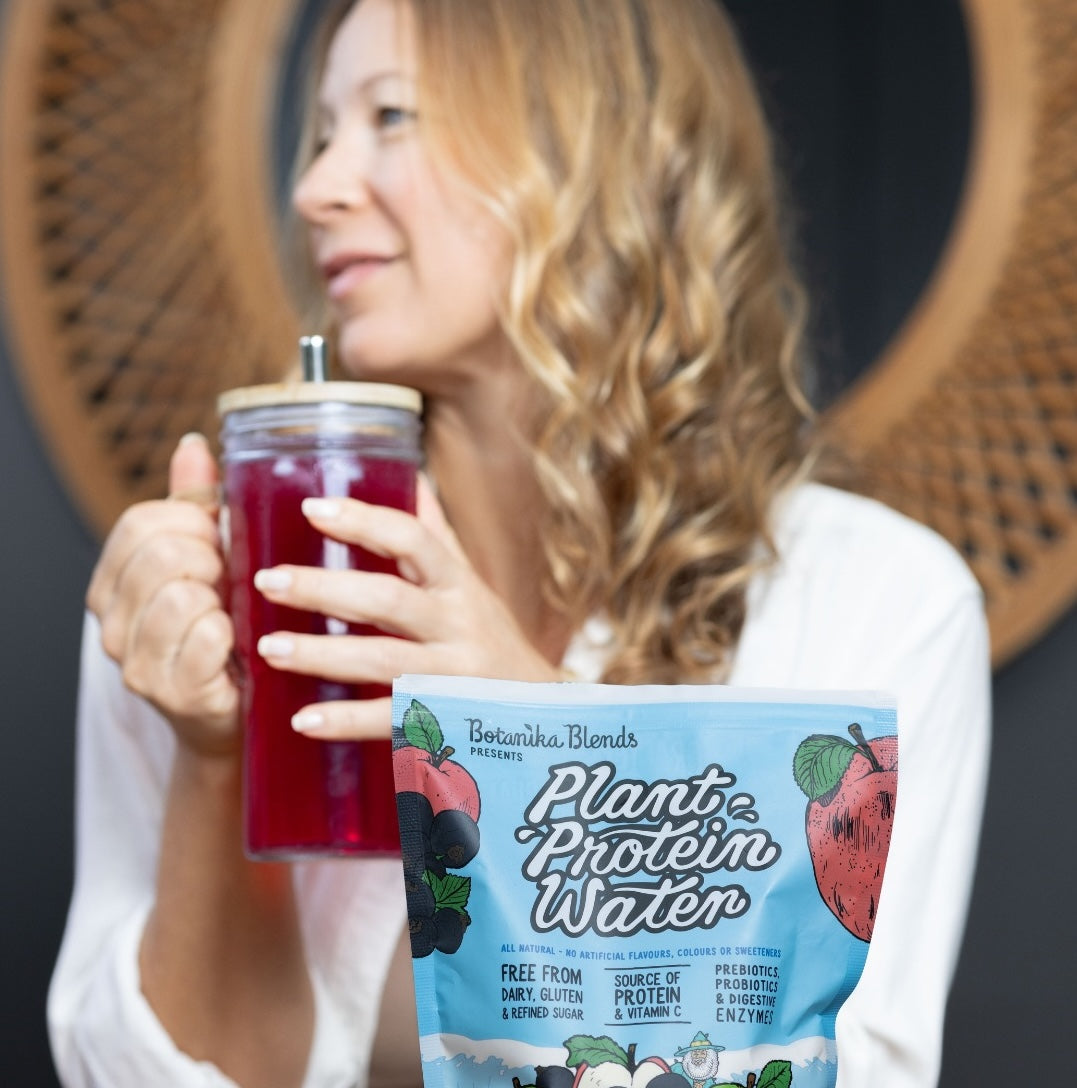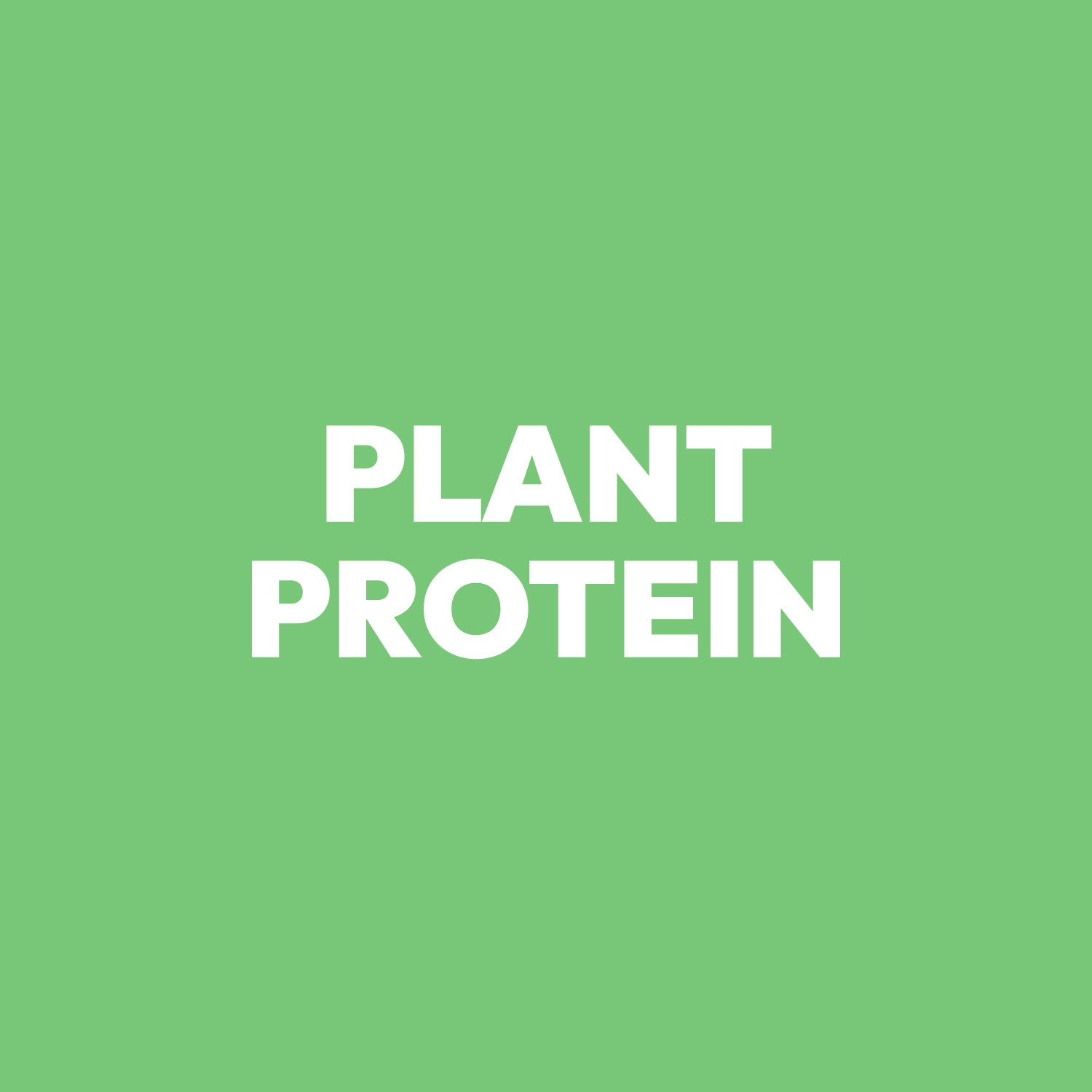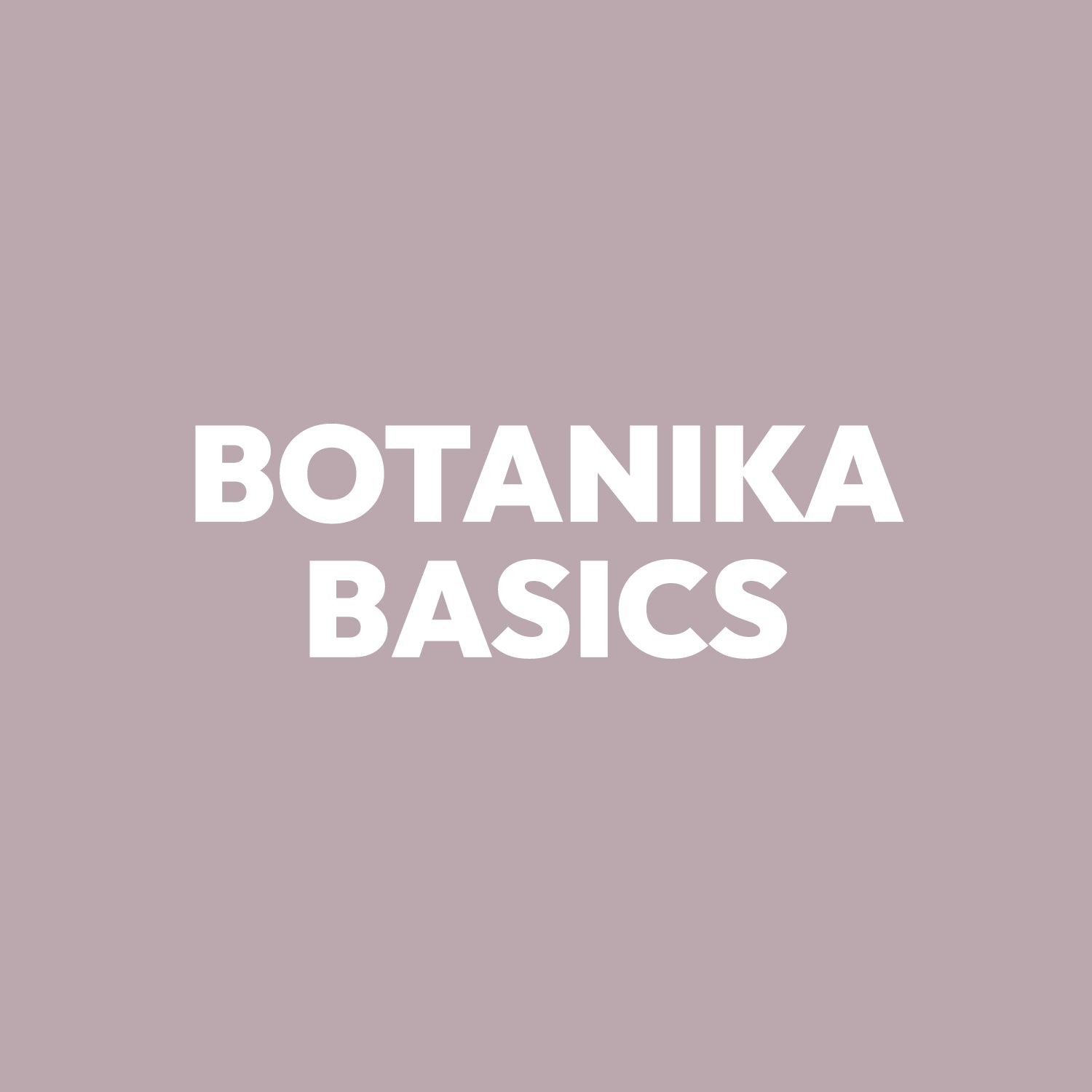

Complete Proteins for Vegans: A Plant-Based Powerhouse
When it comes to protein, it’s not just about the grams—it’s about the amino acids. Proteins are made of 20 amino acids, and out of these, nine essential amino acids are the ones your body can’t make on its own. They’re called “essential” because you need to get them from food.
Foods that contain all nine essential amino acids in adequate amounts are known as complete proteins. While animal protein (like meat, eggs, or milk protein) is generally considered complete, the good news is: there are plenty of complete proteins for vegans too. 🎉
Why Do Complete Proteins Matter?
Think of amino acids as the building blocks of your muscles, enzymes, and tissues. Without enough of them, your protein intake won’t do its job. That’s why focusing on complete proteins is key for:
✔️ Maintaining muscle mass
✔️ Supporting general health and recovery
✔️ Preventing amino acid deficiency
✔️ Boosting nutritional value in a vegan diet
In short: amino acids = performance, strength, and vitality.
The Nine Essential Amino Acids – What Vegans Need to Know 🧬
To understand complete proteins for vegans, let’s break down the nine essential amino acids your body needs but can’t make on its own.
Here’s a simple breakdown:
|
Amino Acid |
Main Role in the Body |
|---|---|
|
Histidine |
Tissue repair, immune function, blood health |
|
Isoleucine |
Energy regulation, muscle fuel, blood sugar balance |
|
Leucine |
Supports muscle mass, growth, and recovery |
|
Lysine |
Helps with calcium absorption, immune health, collagen formation |
|
Methionine |
Detoxification, metabolism, and absorption of selenium & zinc |
|
Phenylalanine |
Produces neurotransmitters, supports mood & cognitive function |
|
Threonine |
Maintains skin, teeth, and gut lining health |
|
Tryptophan |
Boosts serotonin, supports better sleep & emotional balance |
|
Valine |
Muscle recovery, growth, and energy support |
👉 Without these nine in adequate amounts, you risk protein deficiency or amino acid deficiency, which can impact your general health and performance.
That’s why complete protein sources—whether from animal protein or smart plant based combinations—are essential for a strong and balanced diet.
Complete Protein Sources – Plant vs. Animal protein
Animal protein intake usually guarantees a complete profile—think dairy products, meat, or eggs. But on a plant based diet, you’ll need to be more mindful.
Here are some plant based protein sources that are considered complete proteins:
-
Soy protein and soy milk
-
Hemp seeds
-
Chia seeds
-
Blue green algae (spirulina)
-
Quinoa (an ancient grain)
-
Buckwheat
And then there are plant based protein powders—like the blends from Botanika Blends—which combine ingredients such as pea protein, brown rice protein, and faba bean protein to deliver a complete amino acid profile.
Brown Rice and Pea Protein – A Complete Combo
On their own, many plant sources don’t provide all the indispensable amino acids in consistent amounts.

For example:
-
Brown rice is low in lysine
-
Pea protein is low in methionine
But when you combine them? Bam 💥—you’ve got a complete protein that rivals animal sources.
That’s exactly what we do in our Botanika Blends plant protein powders. By blending pea, faba bean, and brown rice protein, we create a plant based powerhouse that gives you the nutritional profile your body needs for recovery, energy, and growth.
How Much Protein Do You Really Need?
Dietary protein requirements vary depending on body weight, activity levels, and goals.
-
For the general population: around 0.8g of protein per kg of body weight per day is recommended.
-
For those on a plant based diet aiming for muscle mass or high protein intake, closer to 1.2–2g per kg of body weight may be more beneficial.
Too much protein? Generally speaking, unless you’re taking in extreme amounts, your body can handle a varied diet with protein rich plant based foods just fine.
Vegan Protein Sources You’ll Love
Here’s how to boost your protein nutrition naturally:
-
Sprinkle chia seeds or pumpkin seeds into meals.
-
Add nutritional yeast to pasta for a cheesy, protein-rich flavour.
-
Try chia pudding for a fibre + protein breakfast.
-
Enjoy extra firm tofu or tempeh as a protein source in savoury dishes.
-
Incorporate Botanika Blends plant based protein powders into smoothies, baked goods, or breakfast bowls for a high protein, gluten free option.
Each serve of our powders delivers 24–26g of protein, with a complete spectrum of essential amino acids, digestive enzymes, and gut-friendly probiotics. They’re the ultimate vegan protein sources—delicious, versatile, and made for everyday use.
The Final Scoop
Getting complete proteins for vegans doesn’t have to be complicated. With the right plant based protein sources—from chia seeds and quinoa to Botanika Blends protein powders—you can enjoy a protein rich, nutrient dense diet that supports your body weight, muscle mass, and general health.

👉 Ready to fuel your plant based diet with all nine essential amino acids? Explore our range of Botanika Blends plant based proteins and make every shake, bake, or bowl a complete protein source.
Share:
FAQ – Complete Proteins for Vegans
More blogs
-

Best Natural Sleep Drinks Australia 2026
Sleep drinks are revolutionising how Australians approach better rest. Unlike tablets or teas, they deliver concentrated doses of sleep-supporting ingredients in a warm, enjoyable format that fits seamlessly into your evening routine. Magik Mylk Sleepy Hot Chocolate leads the market with...
-

Natural Sleep Ingredients Explained
Looking for better sleep without synthetic chemicals? Plant-based sleep supplements combine time-tested botanicals with modern science. Magnesium relaxes your muscles, L-glycine lowers body temperature for deeper sleep, L-tryptophan supports serotonin production, passionflower eases anxiety, and chamomile promotes calm, all working together naturally. This guide breaks down the top ingredients backed...
-

Chocolate Rice Protein Pudding
Leftover rice… but make it dessert 🍫This Chocolate Rice Protein Pudding is rich, silky, and quietly genius. Zero waste energy, chocolatey comfort vibes, and a sneaky protein boost... aka dessert that does more. Method 1. Melt your chocGently melt the dark...
















